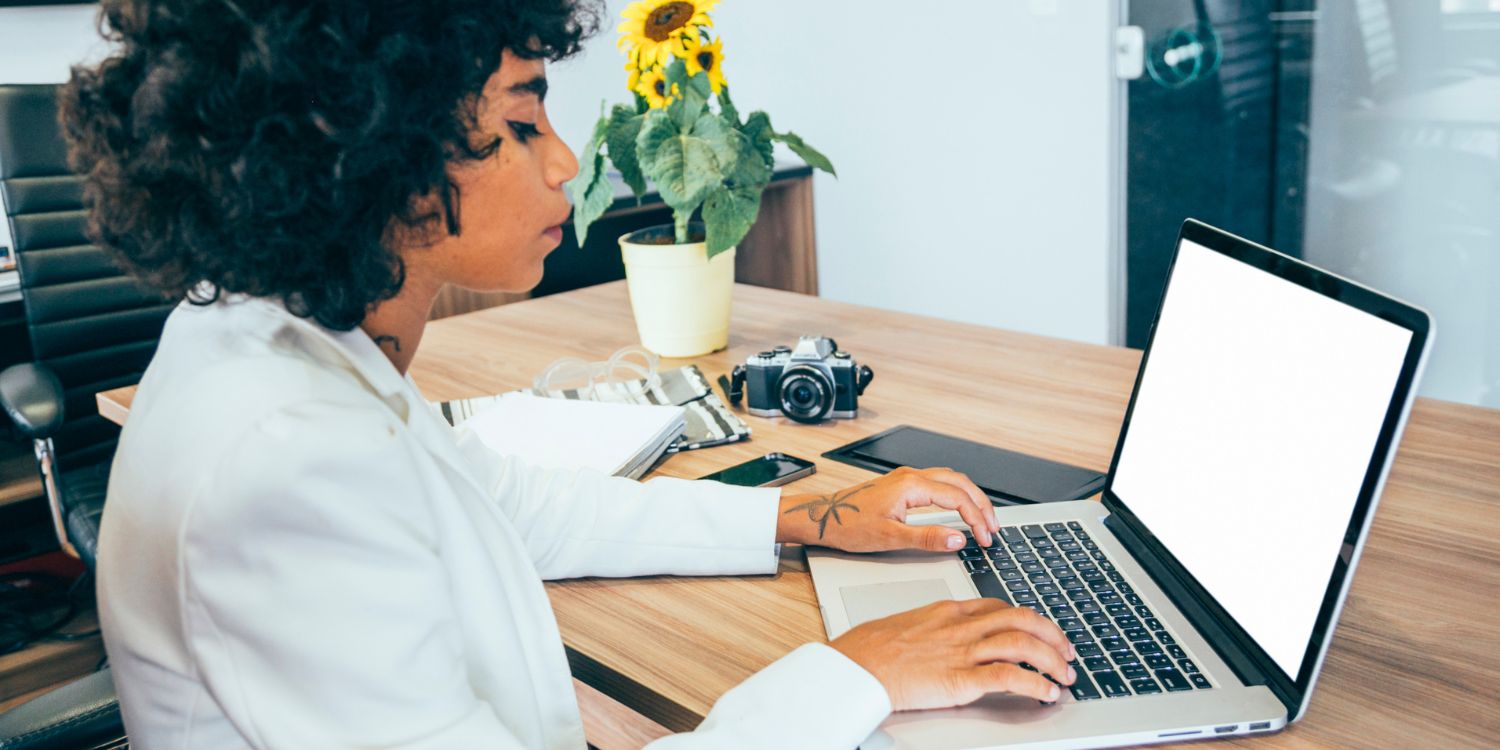
Kieran Burge is a professional hacker; meaning, he has a job trying to hack companies in order to test their cybersecurity setups. Sounds like a fun job, right? When he’s not (legally) hacking companies’ databases, Burge shares common mistakes people make with their own tech devices. See if you make any of these errors.
Using Out of Date Software
Burge points out that if there’s been a software update, there’s probably a reason for it. Most likely, there was some sort of security issue with the previous software. Hackers share information with each other in forums, so once software is seen as hackable by one person, others will follow in their footsteps.
Reusing Passwords
No matter how great your password may be, you don’t want to reuse it. We know it’s annoying, but try to come up with a new one altogether. Burge explains, “No matter what site you’re giving information to, you don’t know what they’re going to do with that information or how they’re going to protect it.”
Oversharing on Social Media
Oversharing on social media is a faux pas anyway, but now you have another reason not to do it. Hackers will look through your social media to find answers to common security questions. For example, the name of your pet, or your mother’s maiden name. Think of those trends like ‘find your stage name,’ in which they have you put in your childhood street name and favorite color, or something like that. That’s the exact type of information you don’t want on your social media.
Using Public WiFi
As tempting as it may be to log onto an airport or cafe’s WiFi, Burge advises against it. He points out that most of those networks aren’t encrypted, meaning that anyone else can access your data as long as they’re using the same network. If you have a long layover coming up, or if you like to work remotely from a neighborhood cafe, Burge recommends using a VPN which will encrypt your data for you.
Clicking on Dangerous Links
Never click on a questionable link, even if it’s from someone you know. If a person you know sent you a link that seems unlike them, ask them about it before clicking on the link.

Burge says, “You need to be vigilant of anyone that is sending you something when you don’t expect it. Don’t click on dodgy links, don’t download dodgy files, don’t fall into their trap.”